Dobos András
A Zamoscsi zsinat határozatainak recepciójáról a történeti Munkácsi Egyházmegyében a kutatások új eredményei fényében
Tartalom
Tartalom: 1. A zsinat határozatainak elfogadása a Munkácsi Egyházmegyében a történettudomány eddigi álláspontja és a források adatai szerint; 2. Ellenvetések a Zamoscsi zsinat határozatainak kötelező hatályával kapcsolatban; 3. A Zamoscsi zsinat hatásai a Munkácsi Egyházmegyében; 4. Záró gondolatok. András Dobos: On the Reception of the Decrees of the Synod of Zamość in the Historic Eparchy of Mukachevo (Munkács) in Light of the Findings of Recent Research Marking its 300-year jubilee two years ago, assessments of the Synod of Zamość continue to be ambivalent to this day. Some argue that this Synod was responsible for the Latinisation in the Metropolitanate of Kiev united with Rome, while others point out that synodal decrees only sought to protect liturgical life from extremist tendencies. At least one such question in the past was whether the decrees of this Synod were to be regarded as binding for the still existing eparchies that evolved out of the Eparchy of Mukachevo. Researchers’ positions on the matter were mostly defined by a study published by Alexander Baran in 1956. Referring to a session that convened in Eger in 1726, Baran unequivocally claims that the canons of the Synod of Zamość were in force in the Eparchy of Mukachevo as of that time. Based on sources discovered meanwhile, Baran’s assertion must be rejected though. The decrees of the Synod were never recognised by the Holy See as binding in the Eparchy of Mukachevo. In fact, the contrary seems to be corroborated by a number of documents. From the canonical creation of the Eparchy of Mukachevo, the authority of the Synod would not be referenced even by Bishops of Mukachevo. Nevertheless, it is undeniable that, at a time when the Bishops of Mukachevo were placed under the jurisdiction of the Bishops of Eger, the Synod would impact on the Eparchy in a variety of ways. A case in point was the catechism, known by the name ‘Casuistry’, issued by Bishop György Bizánczy, which, in terms of its content, completely agrees with the Catechism of Lev Kiszka, Metropolitan of Kiev, along with the provisions made by Bishop Emmánuel Olsavszky.

